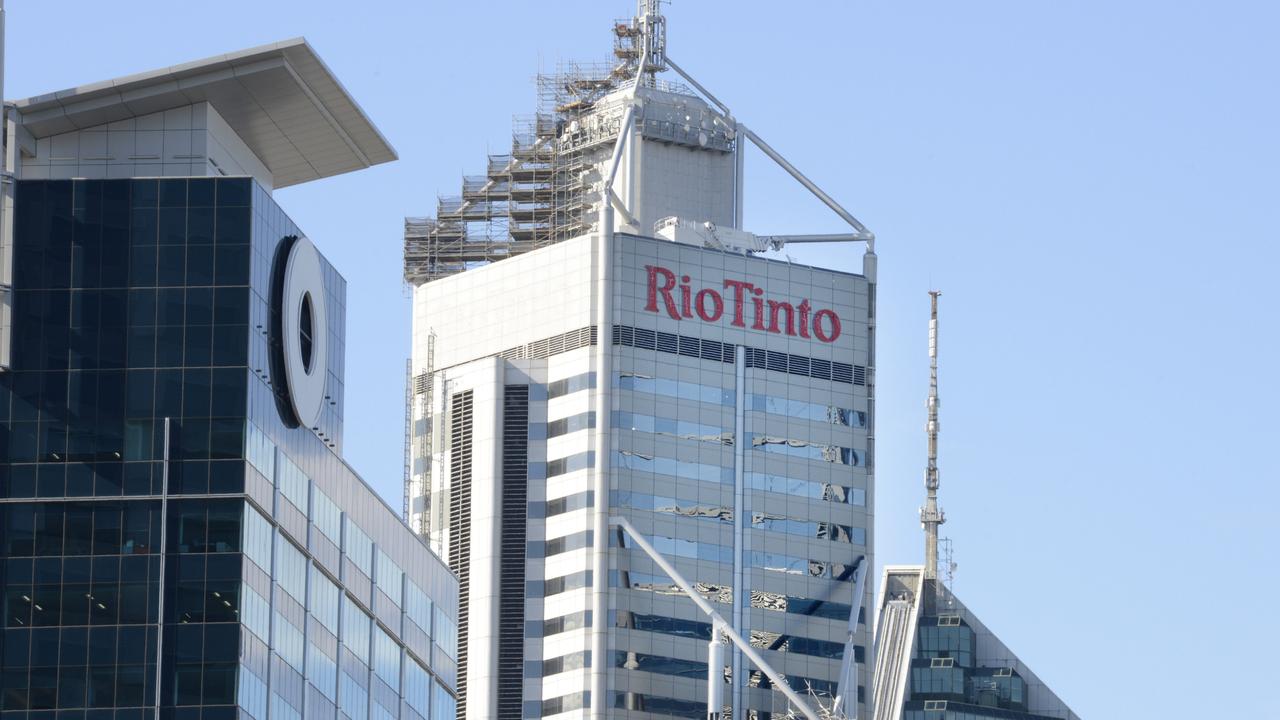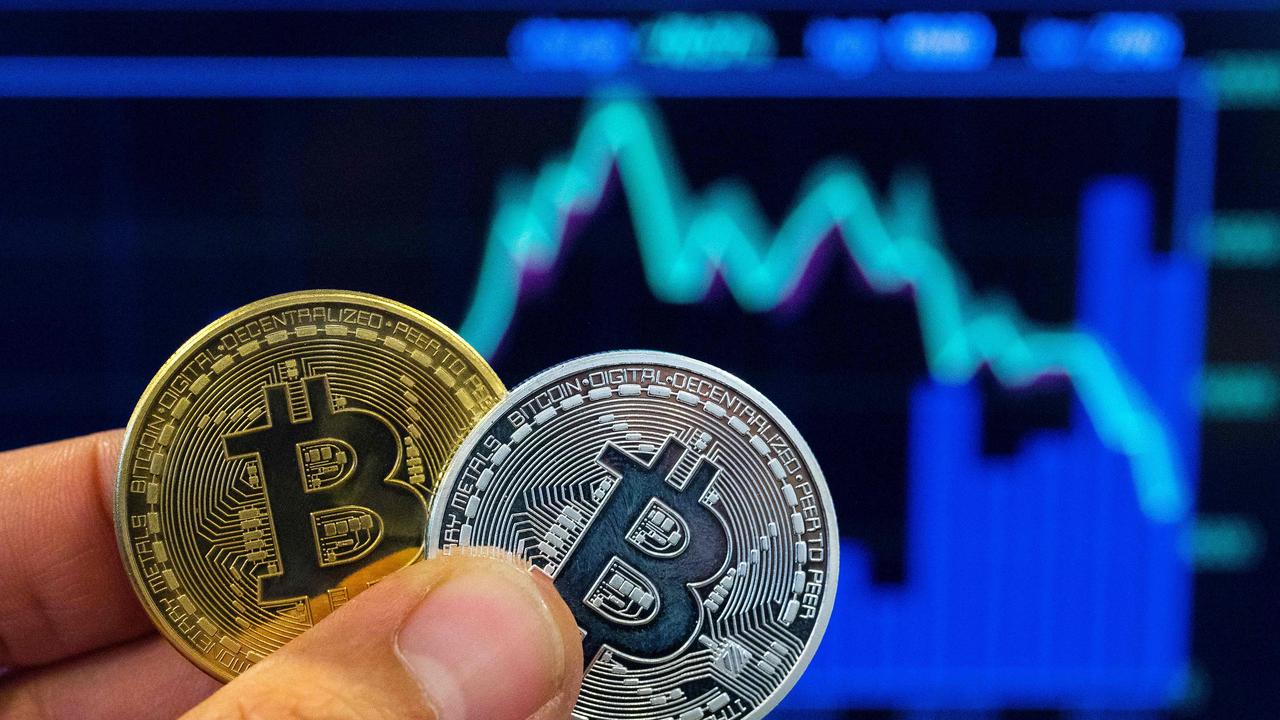‘Increase in prices of everything’: What Donald Trump’s election win will mean for Australia’s economy
Donald Trump’s election win will cause economic shockwaves across the globe – and Australia won’t be able to dodge the fallout.
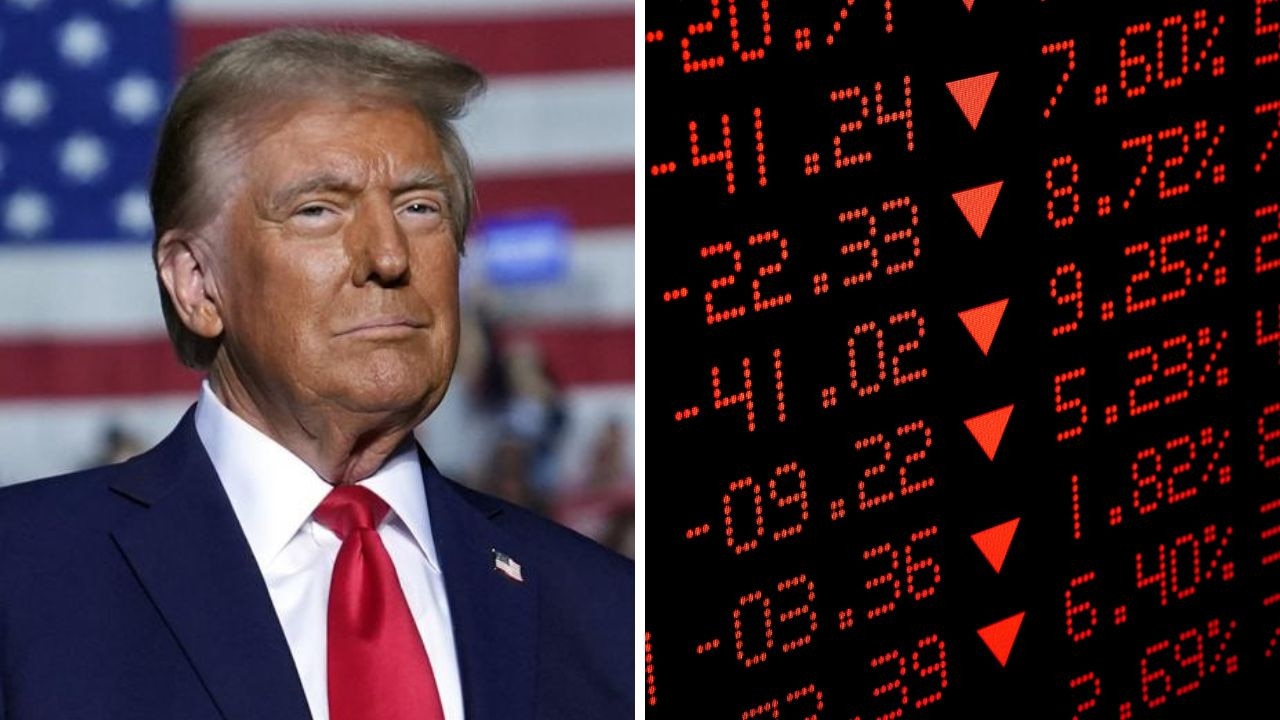
ANALYSIS
Are you ready for Trumpenomics 2.0?
The second administration of Donald Trump has laid down the basics of its intended economic policies.
Lower taxes. Higher tariffs. Abandoning global trade agreements.
Combined, these have economic analysts scratching their heads.
All have flow-on effects beyond their immediate sugar hits.

The potential for soaring inflation, rising unemployment, falling productivity and ballooning debt is real.
“Countries – including Australia – won’t be able to look away and simply hope for the best. For better or worse, the world must now adapt to the return of Trump,” University of South Australia Chair of Economics Susan Stone warns.
But Atlantic Council vice president Matthew Kroenig is much more upbeat.
“We can expect a focus on fair and reciprocal trade, prioritising addressing China’s unfair trading practices, and an unleashing of the United States’ domestic energy potential,” the Washington DC-based think-tank analyst states.
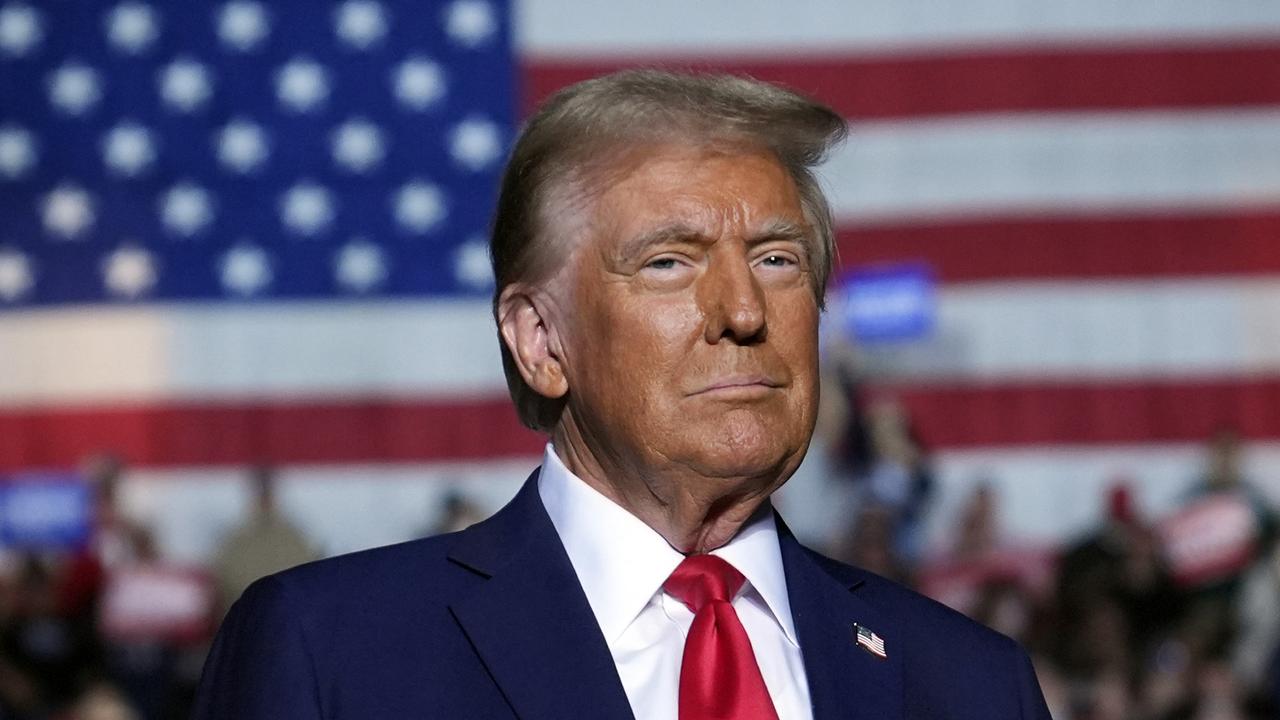
“(Trump’s) values will centre around an ‘America first, but not alone’ orientation that will ensure that US global engagement benefits the peace, prosperity, and freedom of the American people and, in so doing, the broader free world.”
US stock markets reacted with enthusiasm to the November 5 election outcome.
Among the first to benefit from Mr Trump’s impending presidency is one of his biggest backers – Tesla, Space X and social media platform X CEO Elon Musk.
His net worth soared by $A40 billion on Wednesday, with Tesla stock surging 15 per cent.
Amazon founder Jeff Bezos added $A11 billion and Oracle’s Larry Ellison $A15 billion.
But it’s a different story for national economies globally.
Mr Trump’s MAGA Republicans want to withdraw from the World Trade Organisation – a set of standards and agreements that binds participants to a predictable, stable, rules-based order.
“That could create deep divides in the global trading system, undoing years of hard-earned global agreements for freer trade,” warns Dr Stone.
“For a small, open economy like Australia, this could mean an increase in prices of everything – from cars through to business services.”
Tariff wars
“The important question about Trump and trade is: Will he do what he says he will do on tariffs?” asks Atlantic Council geoeconomics analyst Josh Lipsky.
“That answer is more likely yes than no, but it will not happen overnight.”
We know what Mr Trump has said.
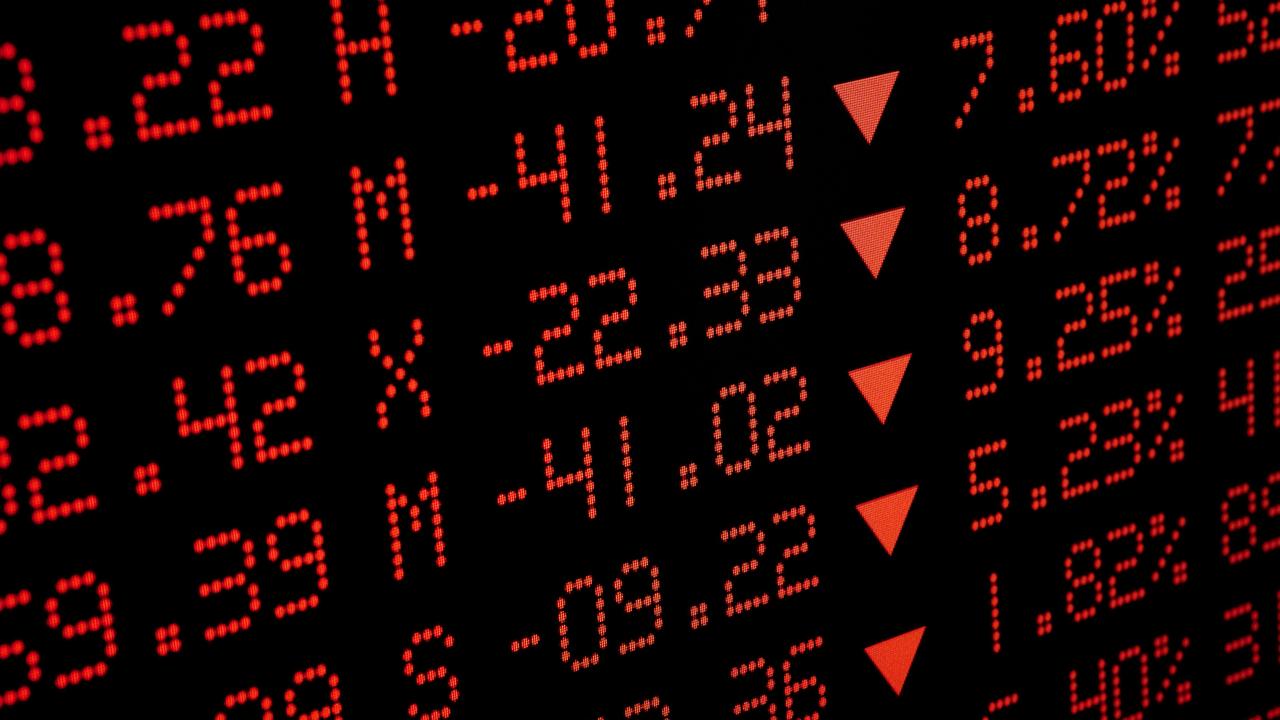
He told campaign rallies that tariffs were the best way to restore jobs to America. He added that they would also punish countries exploiting cheap labour and poor working conditions.
But Mr Trump’s proposals represent a dramatic escalation over the policies he enacted during his first term in office.
He has pledged to impose a tariff of up to 60 per cent on Chinese goods. However, Mr Trump added that he would impose a 10 to 20 per cent tariff on imports from other countries, especially the European Union.
“The likely response will be a tit-for-tat escalation that will be inflationary in the United States and for the global economy,” warns Mr Lipsky.
“While the Trump economic team disputes this, citing the fact that Trump’s first term didn’t produce inflationary results, the size and scale of what is being proposed now is vastly different.”
The Bank of France has already expressed concern at moves towards a “new protectionism”.
The European Central Bank says the fallout for global commerce would be “huge”.
US investment bank Goldman Sachs warns that tariffs will produce long-term fallout, including higher prices for everyday goods and tougher hurdles for US exports.
But economics takes time.
Policies targeting one sector will take time to influence those around them. But that trickle-through effect is inevitable.
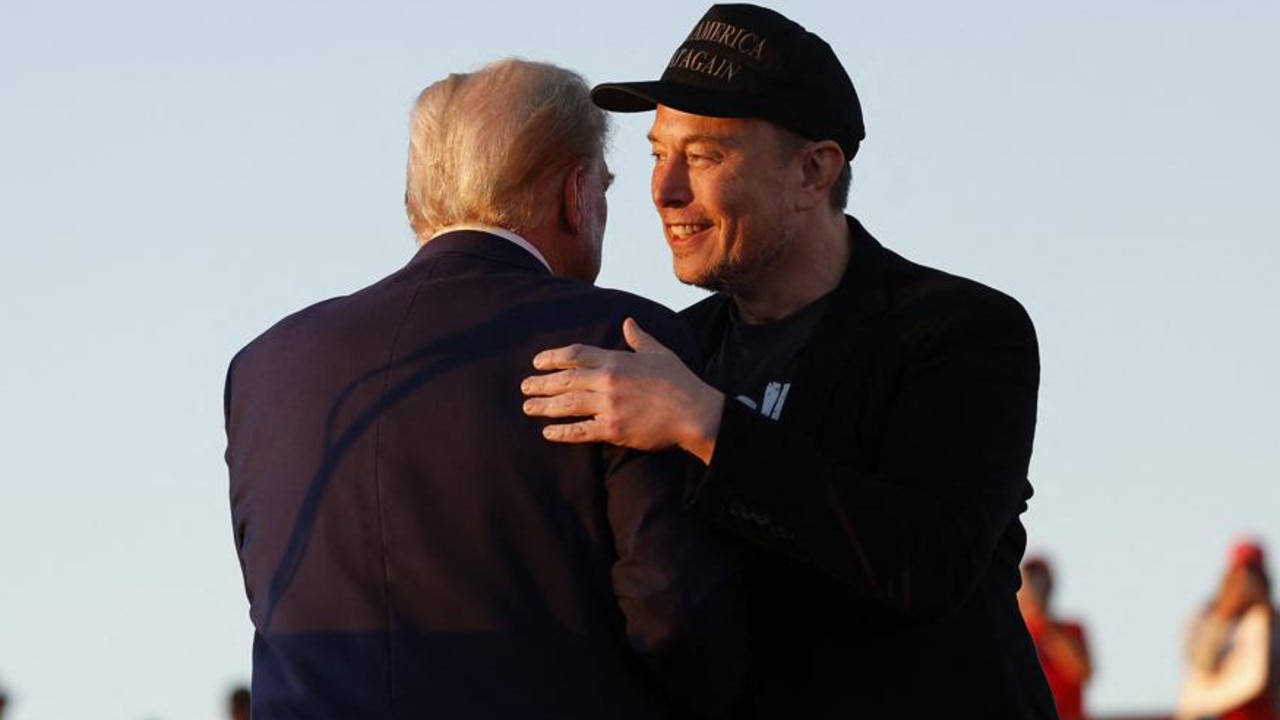
Mr Trump, however, will see the likely immediate impacts as victory.
“He views trade in binary terms, with bilateral imbalances the key determinant of whether a policy is succeeding or not,” says Mr Lipsky.
Taxing times
Mr Trump promised his followers that he would cut US taxes. Most significantly, he says he will slash the federal corporate tax rate from 21 per cent to 15 per cent.
It’s a move likely to prove appealing to US-based multinational firms.
The attraction of withdrawing from overseas outposts (such as Australia, which has a corporate tax rate of 30 per cent – though a significant portion pays nothing) will be high. But only if the new US tariffs don’t outweigh the benefits.
These tax cuts, combined with Mr Trump’s proposed spending plans, have been calculated as potentially costing the US budget $A11.8 trillion.
“While that number might be hard to wrap your head around, it basically means the US government will be borrowing a lot more money in the future,” says Dr Stone.
“That will drive up borrowing costs for other borrowers, such as the Australian government.”
Significantly, Stone warns this anticipated rise in interest rates will come simultaneously with Canberra’s soaring need to borrow.
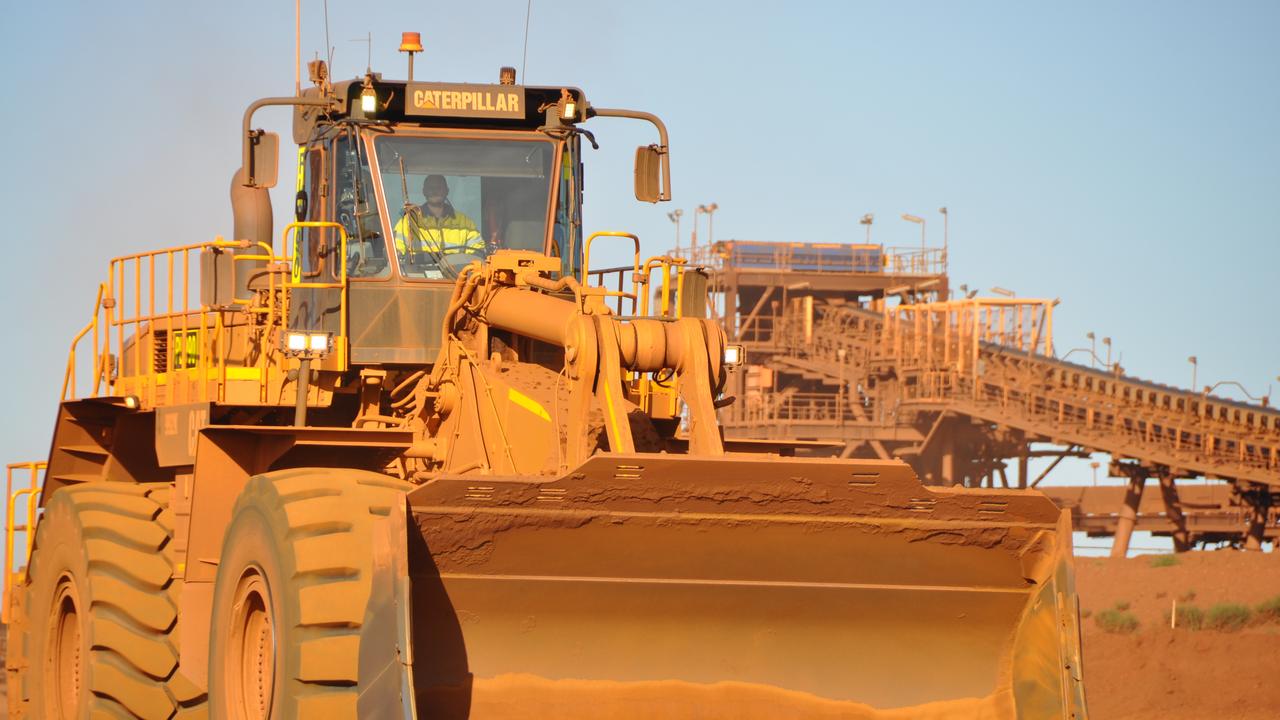
The iron ore-driven budget surpluses of recent years are poised to collapse.
China’s demand for the “dig-it-and-ship-it” mineral has already begun to fall. Its construction industry is virtually at a standstill. And even the much smaller manufacturing industry could slow significantly due to Mr Trump’s tariffs. Only Beijing’s massive spending on new warships and military infrastructure will prop up demand.
And until moves to build an entirely new advanced manufacturing industry begin to bear fruit, Canberra will have to borrow money to keep Australia’s economy moving.
Australia fair?
“On the positive side, retaliatory tariffs on US products may mean market opportunities for Australian goods that compete directly with US goods, such as wheat and education services,” says Stone.
“Whether this would be enough to offset the potential disorder of a Trump trade agenda remains to be seen.”
Of crucial importance for an economic and military middle power such as Australia is the health of the World Trade Organisation (WTO).
In part, fear of embarrassment in this global forum eventually forced Beijing to back down on its punitive trade restrictions imposed after former prime minister Scott Morrison called for an investigation into the origins of the Covid-19 virus.
But Australia relies on dependable and predictable processes to facilitate trade with nations globally.
Exports account for about 45 per cent of Australia’s Gross Domestic Product (GDP).
If agreements falter, the cost of doing international business will soar.
And Australia’s exports to the US will almost immediately become 10 to 20 per cent more expensive.
“If Trump raises tariffs on all imports to the US, other countries will almost certainly follow suit. They may also impose new tariffs on trade with countries other than the US,” says Stone.
“The global impacts of the tariffs, such as rising shipping costs, increased volatility in the US dollar, and a general increase in uncertainty and risk, will almost certainly flow on to Australia.”
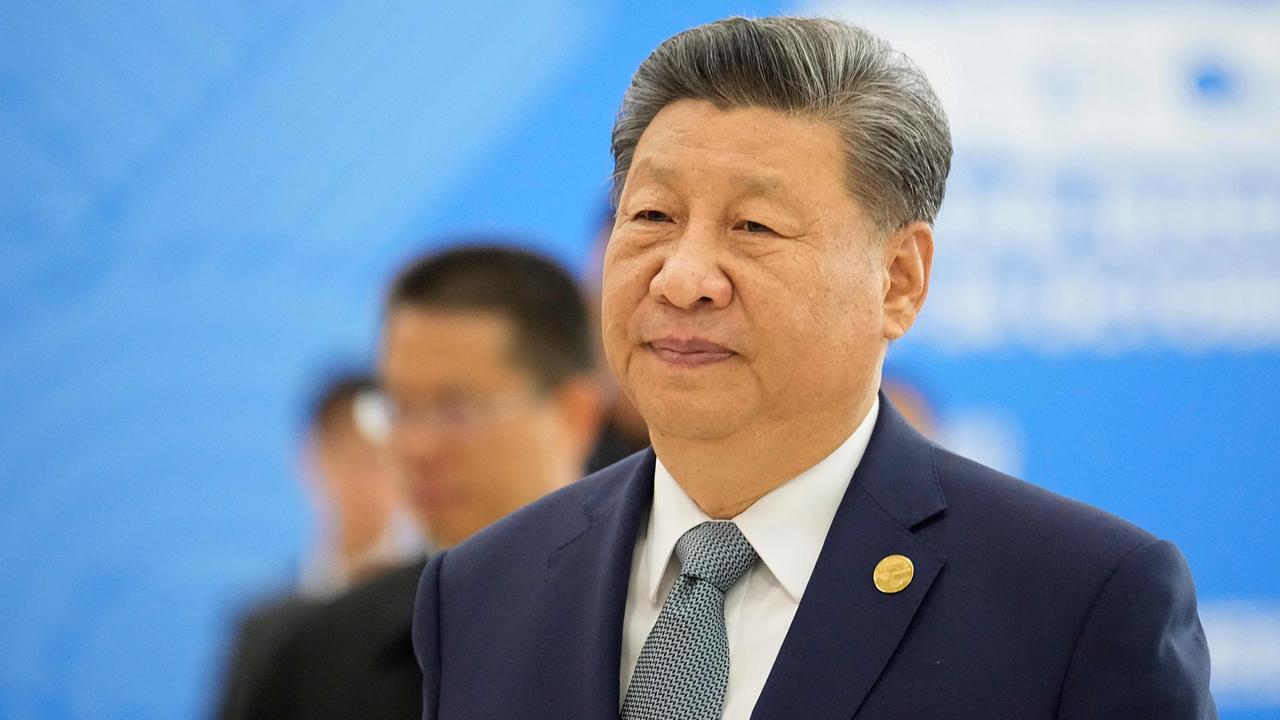
But US consumers will also likely suffer, further reducing demand on global supply chains.
The tax on imports will inevitably be handballed to the checkout. Therefore, goods, materials and food products will immediately become more expensive.
Some economists estimate this will impact middle-income US families by some $A3700 annually. US buying power could fall as much as $A117 billion at the national level.
Meanwhile, China is making hay while the sun still shines.
US retailers are buying up big.
They’re racing to fill their warehouses ahead of Mr Trump’s new tariffs.
“We can anticipate a lot of front-loading going into the fourth quarter before the pressure kicks in come 2025,” says Economist Intelligence Unit analyst Xu Tianchen.
“I think it is mainly down to Trump. The threat is becoming more real.”
“We expect shipments to stay strong in the coming months,” agrees Capital Economics analyst Zichuan Huang.
“Any potential drag from Trump tariffs may not materialise until the second half of next year.”
Jamie Seidel is a freelance writer | @JamieSeidel





